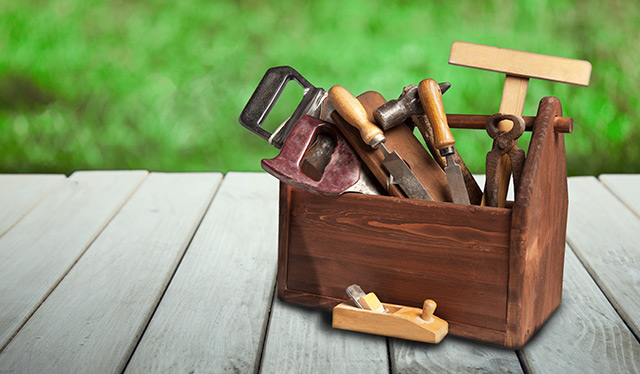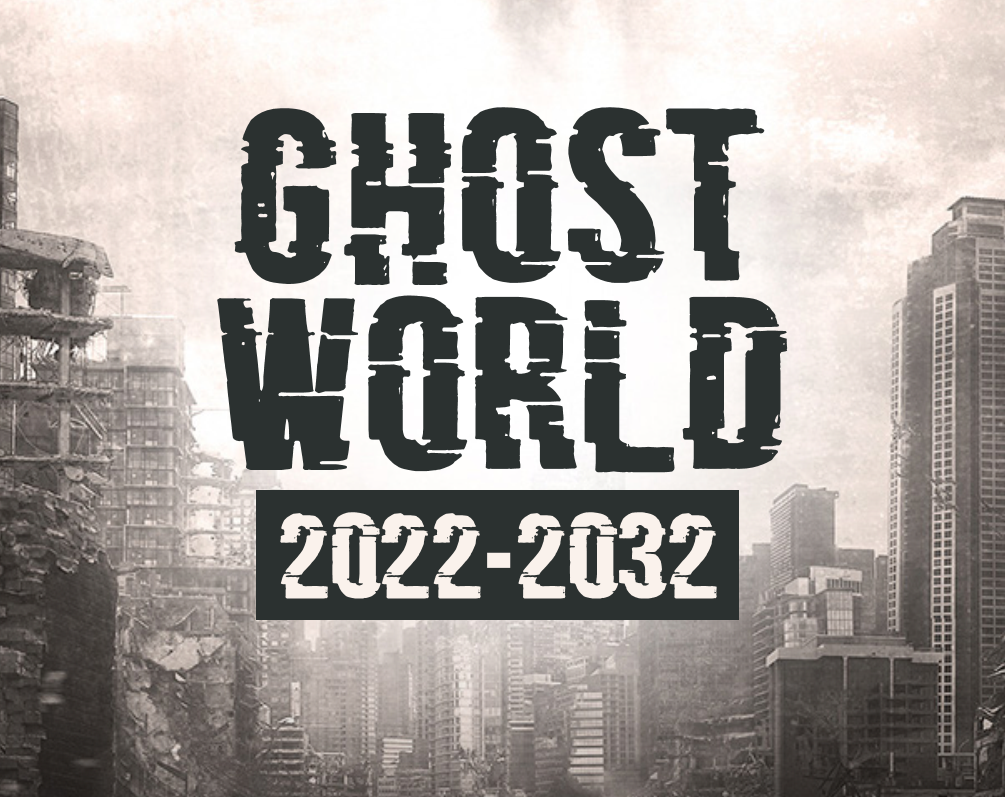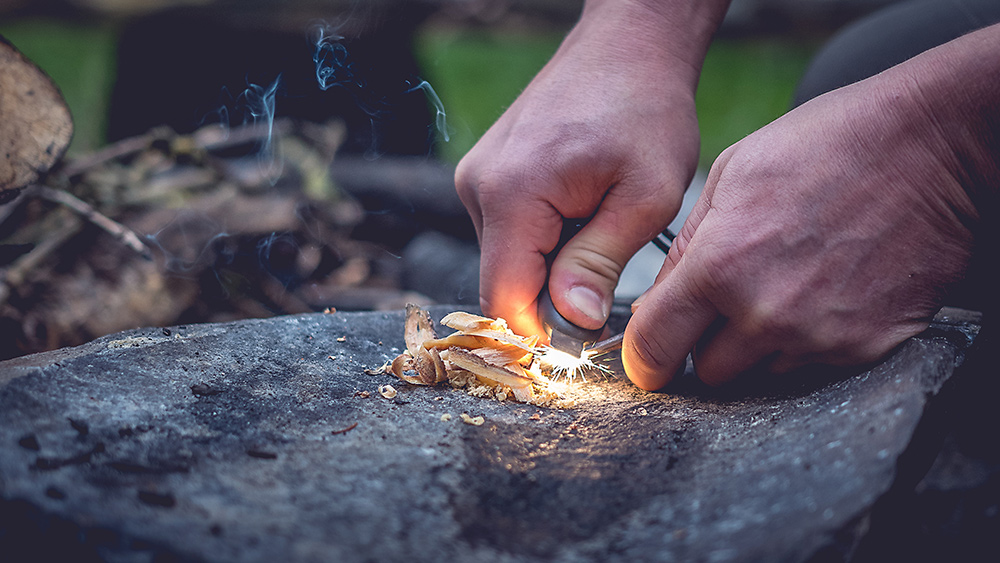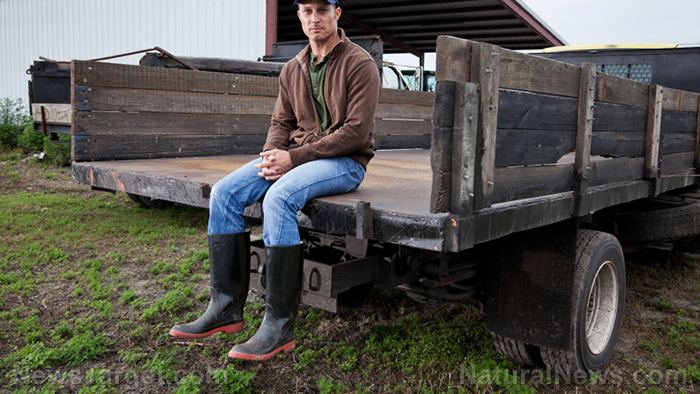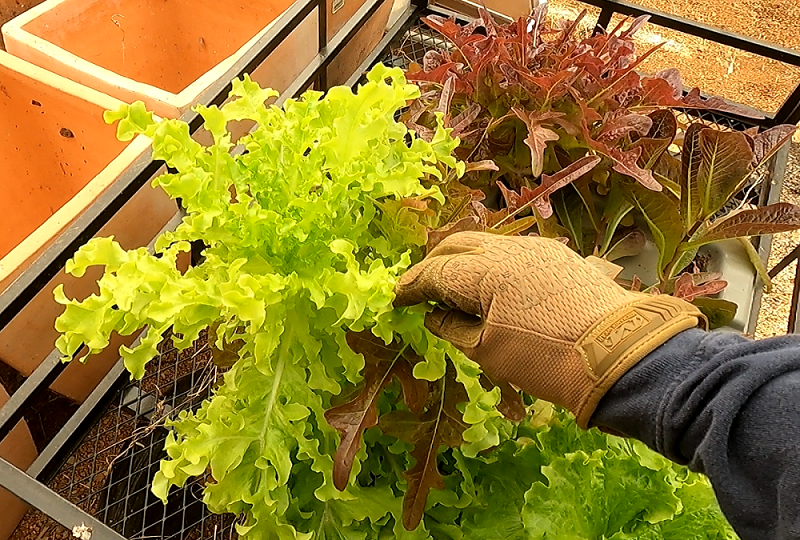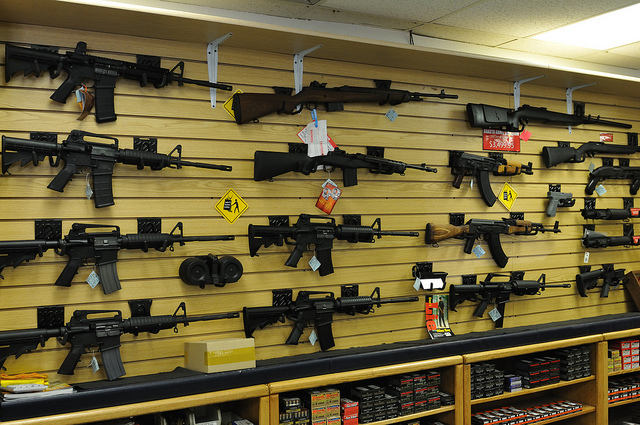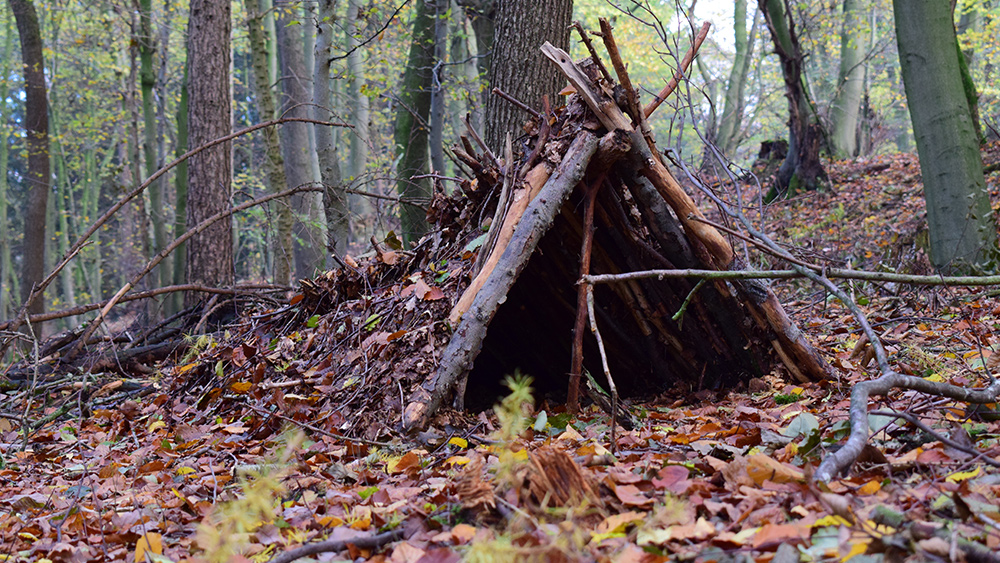SHTF tips: How to survive a long-term supply chain crisis
01/27/2022 / By Zoey Sky

As a prepper, you should always be ready to face something like the Wuhan coronavirus (COVID-19) pandemic. But even as the pandemic winds down, it will take a long time before things return to normal.
Make sure your whole family is prepared for a long-term supply chain crisis by stocking up on essentials, developing local supply chains and being more self-reliant. (h/t to DystopianSurvival.com)
As a prepper and survivalist, you should regularly review and update your plans to reflect current circumstances and concerns. As recent events have shown, you should always be prepared for when SHTF.
Here are the three things you can do to prepare for a long-term supply chain crisis.
Keep stocking up on food, water and other supplies
Do routine checks on your survival stockpile. If your supply of certain items is low, replace them before they disappear from store shelves.
If some things aren’t available in your area, add more to your stockpile the minute stores have them in stock.
If your budget permits, double your food and water storage. This can be difficult when stocking up on perishables, but you can also stock up dehydrated or powdered eggs, milk and cheese.
When properly stored, canned and dry foods will last longer than the stamped expiration dates that indicate arbitrary freshness dates.
Here are other items that you can stock up on:
- Beans and lentils
- Canned fish like sardines and tuna
- Canned soups
- Condiments
- Fruits
- Jams
- Jellies
- Nut butters
- Ready-to-eat canned meals
- Tomato sauce and paste
- Veggies
You also need to stock up on other essential supplies like:
- Batteries
- Cleaning supplies
- Clothing and shoes
- Firewood
- First aid supplies
- Hygiene supplies
- Matches
- Paper goods
- Pet food
- Prescription medication
- Reading glasses
If you drive and think you may need new tires soon, go ahead and get them now. You should also stock up on firewood even if you don’t live in an area where winters get brutally cold since you can use it to cook outdoors when SHTF.
Develop local supply chains
As the pandemic has proven, you need to depend less on online stores, big box stores and national chains. This may seem daunting, but you can start by supporting small, independent stores and suppliers in your area and forming relationships with them.
As a prepper, you can visit the following stores within the local supply chain:
- Butcher shops
- Feed stores
- Gardening centers
- Gun stores
- Hardware stores
- Independent grocers
- Salvage stores
Get to know the owners and managers, befriend the employees and be a pleasant customer to them. In time, you’ll see that these relationships will be mutually beneficial when SHTF.
Even if you already have a home garden, you can shop regularly for things you can’t grow at your local farmers’ markets. Another option is to find farms in your area where you can buy things directly.
Get to know actual farmers, befriend them and ask for their advice. Buy things from them and forge relationships. (Related: 5 Reasons to stockpile food now.)
Finally, talk with your friends, neighbors and the people you work with. You can barter goods and services if you all have hobbies or side businesses that produce useful items.
You might be living next to people who are good with woodworking or knitting and making clothes.
To build your own local supply chain, you need to develop these relationships now, not when things get worse.
Be more self-reliant
To survive a long-term supply chain crisis, you need to remember that self-reliance is a mindset. Don’t wait for other people to solve your problems.
Don’t depend on so-called experts. Question authority and learn to think for yourself.
Make your own decisions and learn useful prepping and survival skills that you can use to provide for your family. Start a home garden and learn how to make things by getting into knitting or woodworking.
Useful skills include:
- Animal husbandry
- Beekeeping
- Blacksmithing
- Canning and food storage
- Fishing
- Foraging
- Gardening
- Growing mushrooms for food and medicine
- Hunting
- Leatherworking
- Sewing
- Trapping
- Woodworking
Learn how to maintain and repair your car and important appliances. You also need to learn home repair skills.
Make sure you stock up on tools you need for home and auto repair.
If you already have a flourishing home garden, you can expand your growing season with a greenhouse. And if space is an issue, you can build a smaller greenhouse out of different materials.
To save money, build one yourself out of salvaged and recycled materials. Expand your garden space to include almost all your backyard and even some of the front yard.
If you live in a city or have to check in with a homeowner’s association (HOA), your options may be limited. Find out what options you have, and try to push these limits.
For apartment preppers, you can start smaller gardens and grow herbs, loose-leaf lettuce, micro-greens and mushrooms. If you have a patio or balcony, grow peppers, tomatoes and other vegetables that can be grown in buckets or other containers.
To survive a long-term supply chain crisis, you need to learn how to be self-reliant now.
More related stories:
12 Signs that food shortages are already here.
4 Best food storage containers for your stockpile.
Food supply 101: Protein sources for your survival stockpile.
Save and stockpile: Preparing for an economic collapse.
Food storage tips: Stockpile foods using gallon buckets with lids.
Watch the video below to see how the supply chain crisis has affected locally-owned businesses.
Visit Preparedness.news for more articles on how to prepare before disaster strikes.
Sources include:
Tagged Under: Collapse, economic collapse, economy, food collapse, food independence, food supply, grocery, homesteading, off grid, preparedness, prepper, prepping, Stockpile, supply chain crisis, survival, survival gear, tips
RECENT NEWS & ARTICLES
COPYRIGHT © 2017 GEAR.NEWS
All content posted on this site is protected under Free Speech. Gear.news is not responsible for content written by contributing authors. The information on this site is provided for educational and entertainment purposes only. It is not intended as a substitute for professional advice of any kind. Gear.news assumes no responsibility for the use or misuse of this material. All trademarks, registered trademarks and service marks mentioned on this site are the property of their respective owners.

